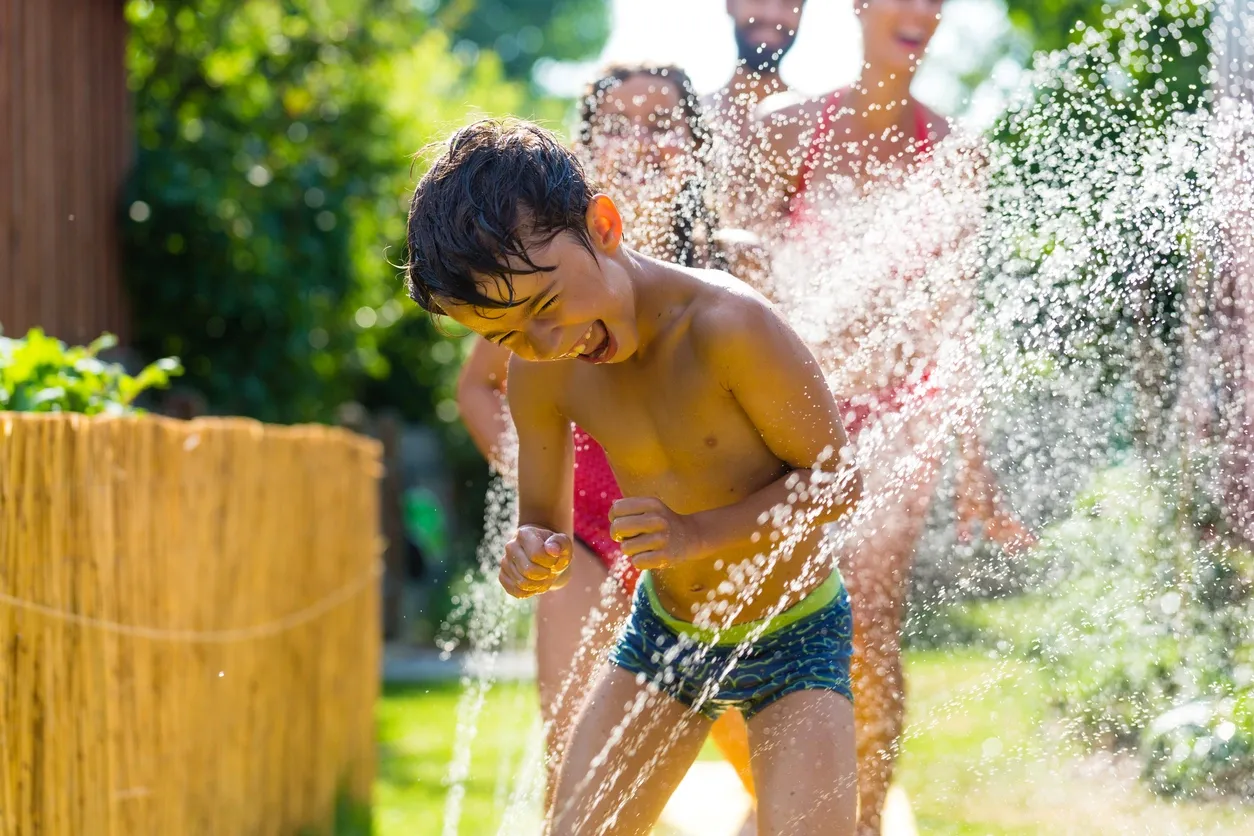- Need to know: A guide to surviving the school holidays for parents
I used to get excited about holidays. I loved the idea of not having to rush every day just to make it to school before the bell rang, or to make lunches that would never be eaten. I would have planned a million activities and outings ahead of time so that the kids wouldn’t get bored. But within the first few days of the break the kids’ behaviour would become unmanageable and my hopes for a happy and relaxing holiday vanished into thin air.
It took me quite a while to figure out that I may be contributing to how the kids were reacting. By the end of a school term, especially the end of the year, everyone is exhausted. Adding more pressure with more external vacation activities, especially in the first week, was only going to end in disaster.
This is not to say that there shouldn’t be a set routine during the holidays. In the case of my son who has ADHD, having a known structure to the day is crucial in keeping him happy.
You’re probably wondering how you find the balance of just enough . There is no right answer and it all depends on your family, but there are some key ingredients that have worked well for our family:
Put aside the first day or two as recovery time – everyone is exhausted and running around is only going to make it worse. A pyjama day can help reset energy levels. If you are a working parent, the first couple of days are the best times to take off work.
Have a routine even for days spent at home – keep your daily meals at regular times, enjoy time outside in the sunshine, create opportunities for everyone to use their bodies and if possible get their heart rate up. Physical exercise helps release energy and it increases the natural production of serotonin and dopamine, both important in mood and emotional regulation.
Prioritise outdoor activities away from screens – for less sporty kids consider a beach day, a walk through the botanic gardens or explore the local national park.
Schedule in free play – for most children it’s ok to let them get bored and give them the opportunity to problem solve, but for others boredom can actually cause a lot of challenging behaviour. To avoid this, create a Boredom Buster Box, which is simply a bunch of ideas written down on individual folded pieces of paper. When boredom strikes, your child picks a random activity from the box. Make some of the options chores, for example “make your parents a snack” or “dust your room” and add in some highly desirable activities like “20 minutes on the iPad”.
Talk to your kids the night before about expectations for the next day – if you are super organised, a visual weekly calendar can really help kids who are anxious about changes to routine, feel more in control. Otherwise, talking about it at the dinner table the night before can make for good conversation and good planning.
Pre-empt arguments by inviting the kids to help you create ‘holiday’ rules ahead of the break – the rules might include limits on screen time, later bedtime or additional privileges like pocket money.
Above all, if you are the main carer and organiser for your kids’ holidays, consider your own mental health and energy levels. Give yourself some grace and allow your body and mind to also rest, you’ll be calmer and everyone will be much happier.


